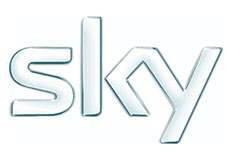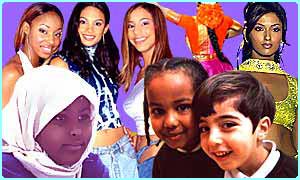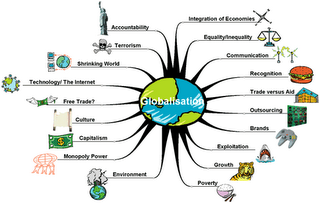Google launches custom search tool
http://media.guardian.co.uk/newmedia/story/0,,1930166,00.html
Summary
Google unveiled its new tool - the custom search tool Co-Op, which will allow users and businesses to build customised search engines which can be placed on their own website. The company said that the system lets people create a tailored list of favoured websites that can be used to provide search listings.
The service is free, but Google displays text adverts alongside all the results, just like its normal pages. Users can choose to take a chunk of the profit made from these by signing up to the company's AdSense revenue-sharing programme, which has already seen it advertise on thousands of websites and blogs. Only government sites, registered non-profit organisations or educational establishments will be allowed to run Co-op search without advertising.
"One reason to build this product is to get the community involved and use the wisdom of crowds," said RV Guha. "It's certainly going to be useful."
My View
I think its a good idea that Google is developing to be of use for everyone but it is taking over the internet and it looks like it will become highly powerful and influential. At the rate it is going it looks like wherever you look its Google. Its international aswell and therefore is a very strong institute
Summary
Google unveiled its new tool - the custom search tool Co-Op, which will allow users and businesses to build customised search engines which can be placed on their own website. The company said that the system lets people create a tailored list of favoured websites that can be used to provide search listings.
The service is free, but Google displays text adverts alongside all the results, just like its normal pages. Users can choose to take a chunk of the profit made from these by signing up to the company's AdSense revenue-sharing programme, which has already seen it advertise on thousands of websites and blogs. Only government sites, registered non-profit organisations or educational establishments will be allowed to run Co-op search without advertising.
"One reason to build this product is to get the community involved and use the wisdom of crowds," said RV Guha. "It's certainly going to be useful."
My View
I think its a good idea that Google is developing to be of use for everyone but it is taking over the internet and it looks like it will become highly powerful and influential. At the rate it is going it looks like wherever you look its Google. Its international aswell and therefore is a very strong institute





